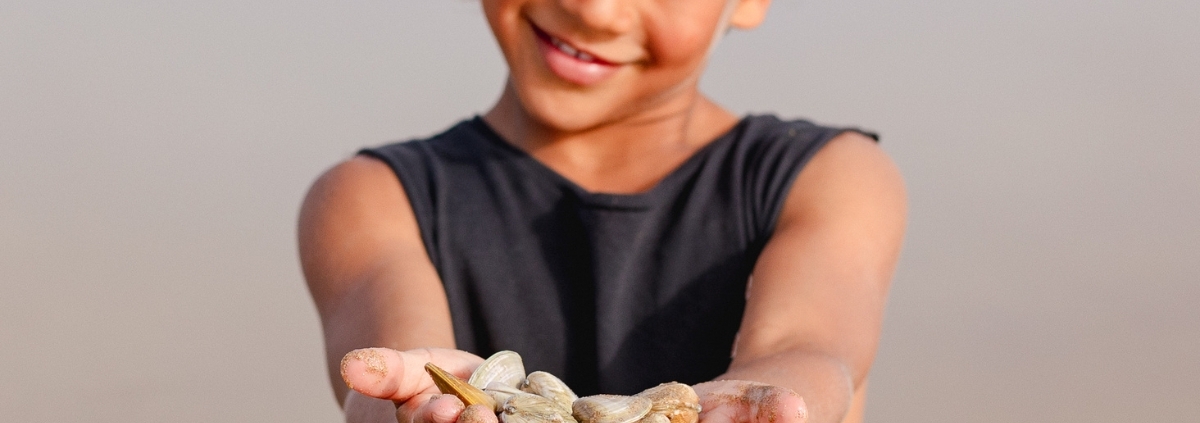Understanding Connection To Country For Indigenous Australians
By: Helping Hands TV
“Generally, the people who ask you to do a Welcome (to Country), the desire in their heart is to genuinely connect to Country,” shares Gundungurra man and Indigenous Education Facilitator, Uncle David King.
To understand what Country is for Indigenous Australians, and why ceremonies like Welcome to Country are important, David is joined in this special two-part Helping Hands series on Indigenous Australia by Wakka Wakka woman and Education and Cultural Consultant, Brooke Prentis, and Adnyamathanha woman and University of Adelaide researcher, Rhanee Lester, to speak about Connection to Country.
“I always explain it like, Indigenous Australia is like Europe – many Countries. And when you cross a Country, you have to go through a process to get onto Country – which is what a Welcome (to Country) is. That Welcome allows you to travel freely on that place,” David says.
There are over three hundred Aboriginal countries across Australia where Indigenous communities, Elders and their ancestors have resided for more than 65,000 years and over 2,000 generations, says Brooke, whose Wakka Wakka Country of Bunya Pines and native grasslands is about three hours’ drive North-West of Brisbane.
“(Connection to Country) is important because that’s where your family history is, your stories are, your culture comes from – and that’s alive today, so we can connect with it… There’s a freedom (when on Country), knowing that your ancestors, your Elders, have walked their footsteps across that Country.”
Being welcomed to Country is as significant as the Country itself, adds David, who explains that for thousands of years, it’s been the traditional way for Indigenous Australians to invite others safely into their homes.
“(Through) a Welcome (to Country), we predominantly want to know your business. On our Countries, there are areas that we did different things; there are campsite (and) community areas, there are lore areas, there are spots I can go to and some spots I can’t go to… The areas we allow them onto for that business are safe places… Culturally, they’re connected, they’re secure,” David says.
For many Aboriginal peoples, living off-Country has been a necessity for access to health, education or employment. Going back to Country, either to visit or to live, creates new opportunities to renew or strengthen their connection.
Similarly, Rhanee shares, opportunities to invite visitors to Country, to help them deepen their knowledge of and connection to Indigenous Australian culture and history are equally treasured.
“Going back to (Country), and being able to be a traditional owner on my Country gives me a cultural authority… When I take other people on Country, I’m able to facilitate that connection… To be told how special (a Welcome to Country) was from a non-Indigenous person… to see them… being encouraged and taught as well, (confirms) for me what a Welcome to Country is.”
Article supplied with thanks to Helping Hands TV.
Feature image: Canva
About the Author: Helping Hands is an Australian produced TV program that airs on 9GEM, Channel 9 and 9NOW, and showcases people and organisations who make the world a better place.





